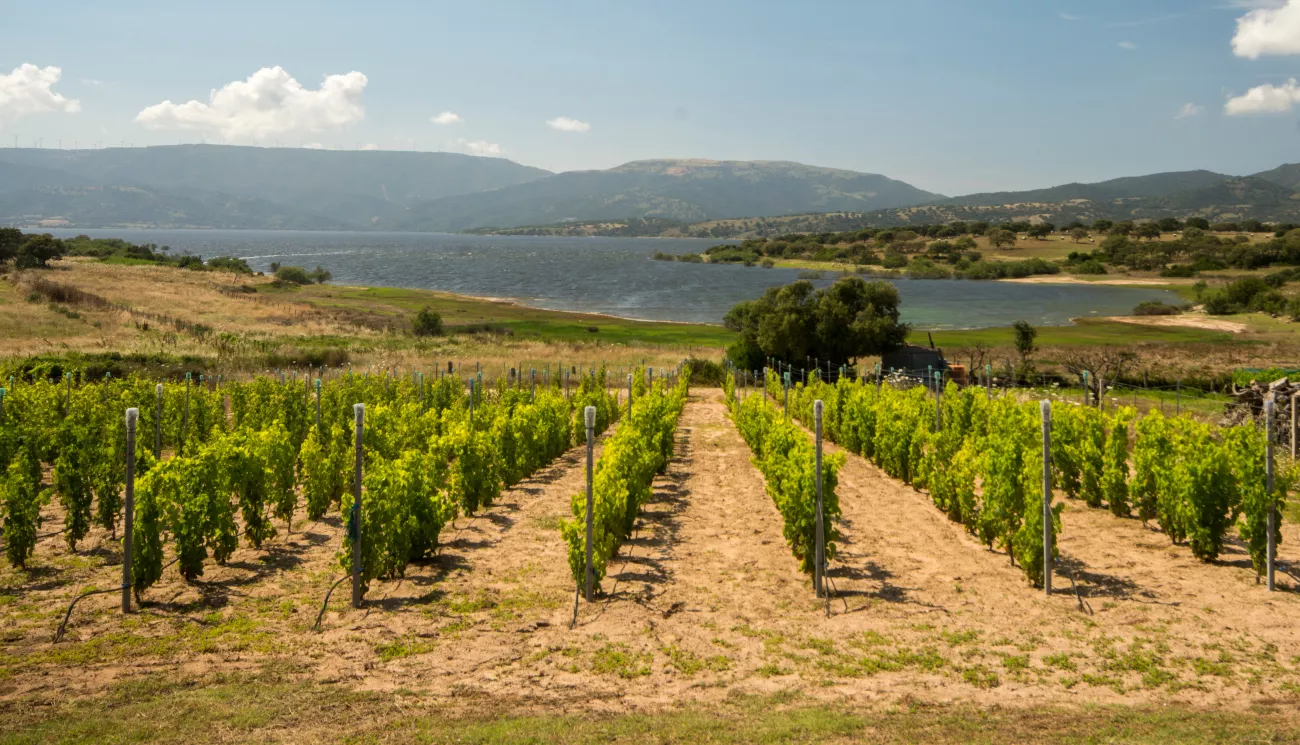Supported by 25 national/regional funding organisations from 22 countries, this call was co-funded by the European Commission and covered the following challenges:
- Challenge 1: Increasing the efficiency and resilience of water uses
- Challenge 2: Monitoring and reducing soil and water pollution
- Challenge 3: Integrating social and economic dimensions into the sustainable management and governance of water resources
The joint call was launched on 16 February 2016.
The Kick-off meeting of the projects was held in Stockholm, Sweden, on 6 April 2017.
The online booklet of the funded projects was created in collaboration with the coordinators and the contact points of Communication and Dissemination activities. The booklet provides access to a wide range of information for each funded project.
